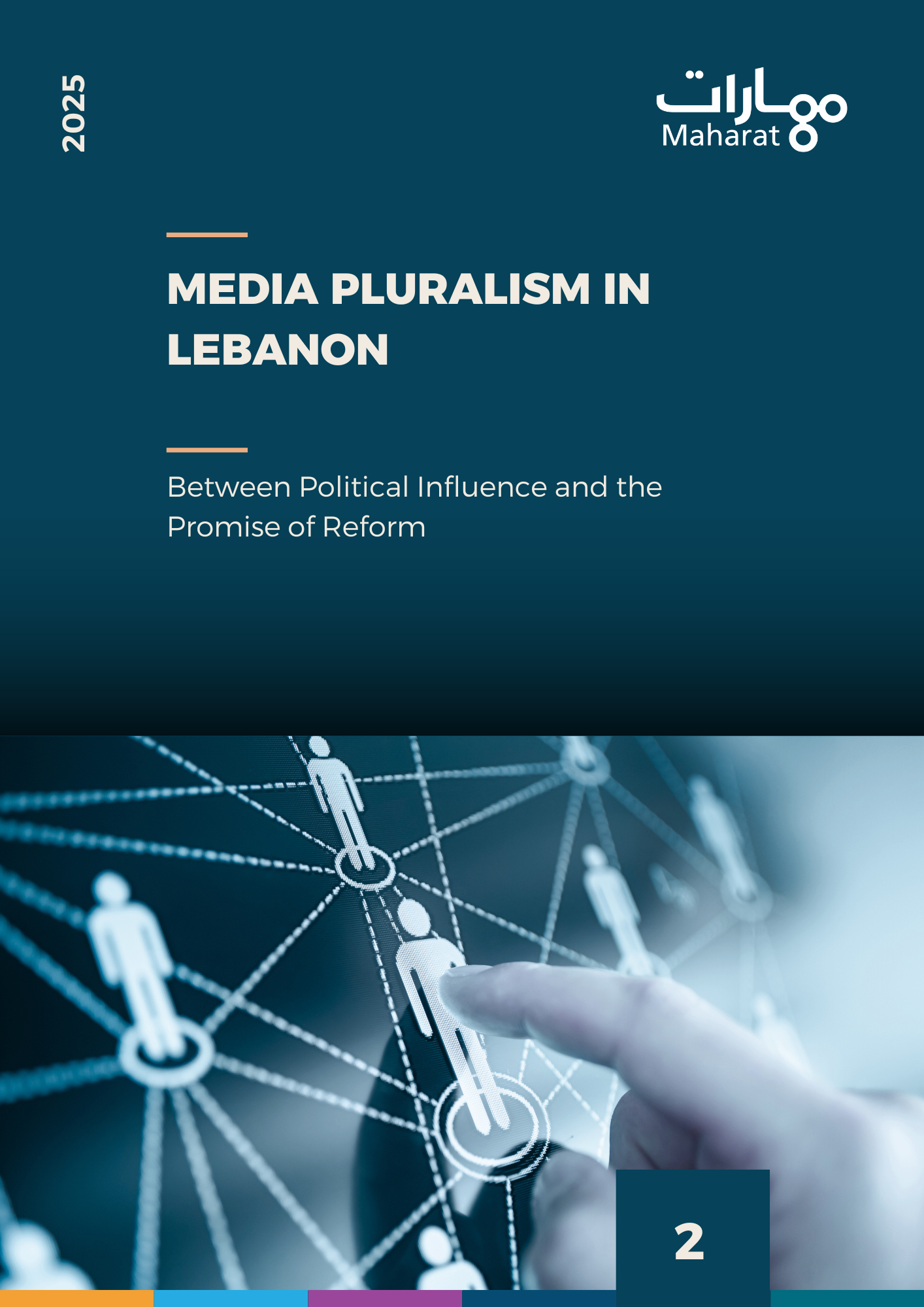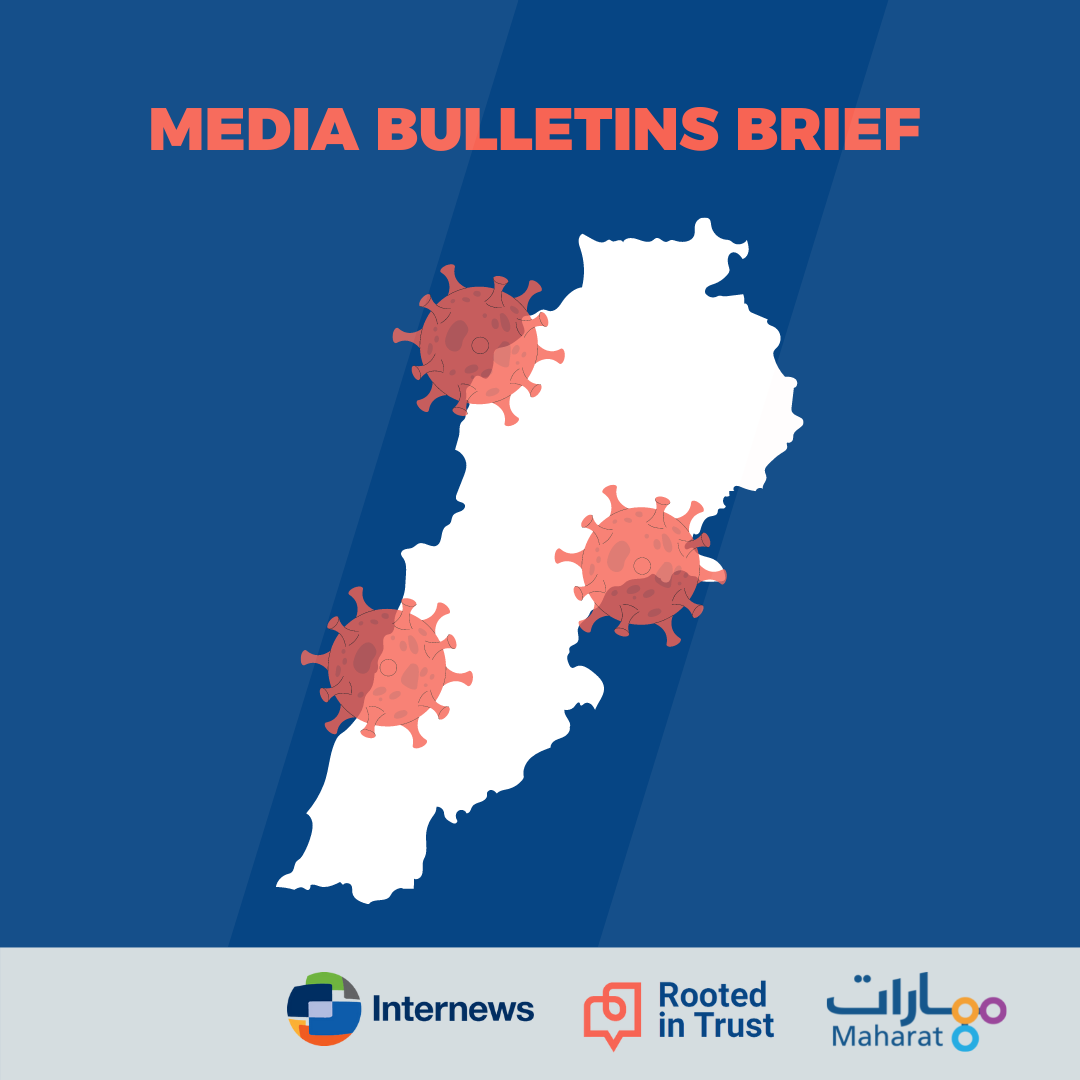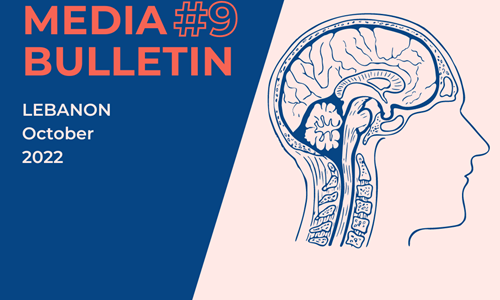
Media Pluralism in Lebanon: Between Political Influence and the Promise of Reform
This policy paper underscores the importance of media pluralism as a foundation for information integrity and democratic life. While Lebanon appears to have a diverse media landscape, political and sectarian control continues to dominate ownership and content.
Outdated media laws, restrictive licensing, and a lack of enforcement mechanisms hinder the expression of pluralistic voices. The national regulatory authority remains politically co-opted and ineffective, with no real independence.
Public service broadcasting, though vital for inclusive representation, suffers from chronic neglect and institutional stagnation. The proposed media law presents a timely opportunity to enshrine pluralism, enhance regulation, and revive public service broadcasting.
Drawing on international models such as AVMSD, ARCOM, and OFCOM, this paper sets out key directions for reform. It concludes with targeted recommendations urging the state, civil society, donors, and tech platforms to support the development of a more pluralistic media landscape.
Read the report:
Media Pluralism in Lebanon: Between Political Influence and the Promise of Reform





